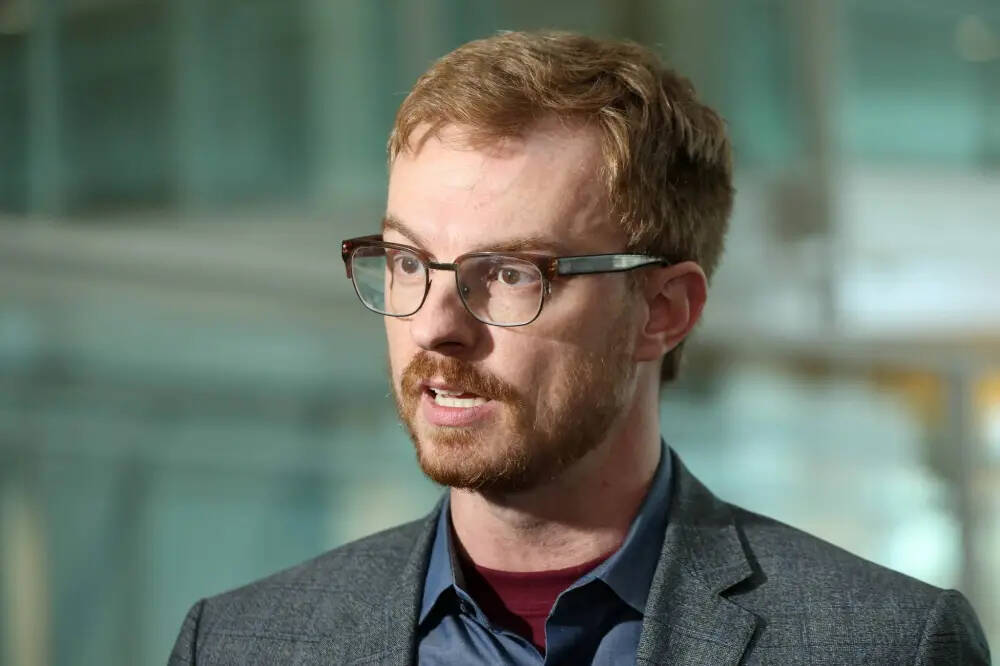Medical complaints must be addressed
Advertisement
Read this article for free:
or
Already have an account? Log in here »
We need your support!
Local journalism needs your support!
As we navigate through unprecedented times, our journalists are working harder than ever to bring you the latest local updates to keep you safe and informed.
Now, more than ever, we need your support.
Starting at $15.99 plus taxes every four weeks you can access your Brandon Sun online and full access to all content as it appears on our website.
Subscribe Nowor call circulation directly at (204) 727-0527.
Your pledge helps to ensure we provide the news that matters most to your community!
To continue reading, please subscribe:
Add Brandon Sun access to your Winnipeg Free Press subscription for only
$1 for the first 4 weeks*
*$1 will be added to your next bill. After your 4 weeks access is complete your rate will increase by $4.99 a X percent off the regular rate.
Read unlimited articles for free today:
or
Already have an account? Log in here »
The College of Physicians and Surgeons of Manitoba says patient safety is “top of mind.”
As the regulatory body whose role is (according to the CPSM’s own website), “to protect the public as consumers of medical care and promote the safe and ethical delivery of quality medical care by physicians in Manitoba,” one might fairly expect nothing less. Protecting and promoting patient safety is the organization’s sole reason for being.
The numbers, however, suggest something different. As has been reported this week, the college currently has more than 225 open investigations related to complaints from Manitobans regarding medical treatment they’ve received, and at present has just one investigator tasked with conducting those investigations.

The magnitude of the backlog became apparent after a Winnipeg man revealed to the Free Press that his complaint of “severe harm caused by medical neglect” has taken more than a year to move forward, and the college informed him his case is among more than 225 currently awaiting investigation.
Another investigator is currently in training, according to the CPSM’s assistant registrar of complaints and investigations, Dr. Guillaume Poliquin, and a research analyst has been added to the team to handle some of the background work so the investigator can focus squarely on investigating.
Given that a backlog exceeding 225 cases — “the vast majority of them … involving serious matters,” according to Poliquin — means some Manitobans who’ve filed complaints are waiting a year or longer to have their concerns addressed, the hiring of a researcher and the training of a second investigator seems like a woefully inadequate response to a very significant problem.
The college must do more, and it must do it quickly. Unresolved complaints create the very real possibility that physicians who have provided inadequate or incorrect care are allowed to continue practising without facing practical repercussions such as mandated additional training, restrictions on scope of practice or an order requiring supervision of their work.
The backlog of investigations could also mean doctors whose licences might justifiably be suspended or revoked could continue to practice while complaints against them await long-overdue resolution.
Besides directly putting patients at risk, the failure to investigate in a timely manner also further erodes public trust in a health-care system that has for too long been widely considered to be in crisis.
Poliquin told the Free Press the backlog is “only a snapshot in time” and does not give the full story of the complaints and investigations department’s broader function. He also said work is underway to realign the department’s focus and make the investigatory process more efficient.
This is not a time for vague descriptions of aspirational goals. What the public deserves is specific answers regarding how, and how quickly, the investigatory backlog will be addressed.
If the CPSM can’t provide them, it’s the responsibility of the provincial government — under whose auspices the college exists and functions via the Regulated Health Professions Act — to compel the organization to live up to its mandated obligations.
In response to this week’s reporting, Health Minister Uzoma Asagwara issued a statement declaring “Manitobans deserve confidence in their health system, and that means knowing regulators are protecting patients,” and that the province expects the self-governing body to meet its obligations.
Again, that’s not enough. This cannot be another situation in which a government whose successful election campaign relied almost solely on a vow to fix health care falls short of delivering on its promise.
For both the college and the government that created and oversees it, it’s time to provide Manitobans with specific and detailed proof that patient safety really is top of mind.
» Winnipeg Free Press
